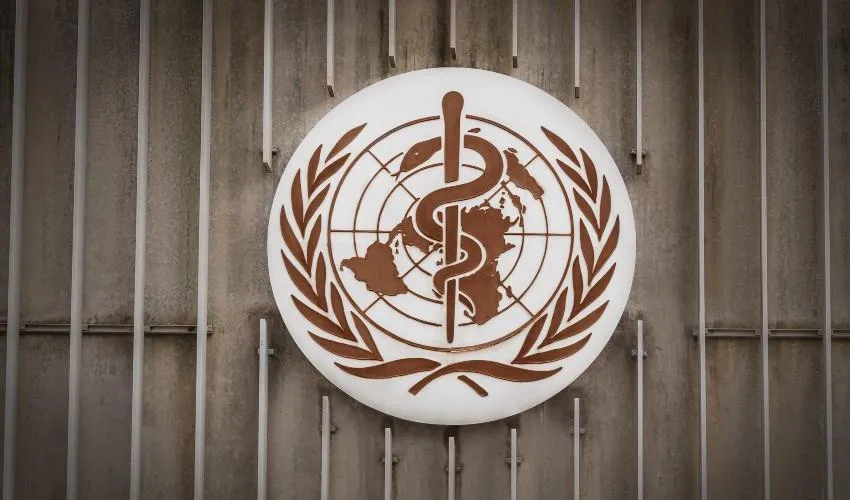
No Compliance with COVID Measures Without Trust in Health Authorities
When, in the wake of the COVID-19 pandemic, we saw the likes of Selena Gomez, Olivia Wilde, Kylian Mbappé or Maria Sharapova accepting The Safe Hands Challenge and washing their hands in Tik Tok and YouTube videos, we were witnessing a World Health Organization (WHO) communication campaign. A study published in COVID Economics and co-authored by Nirosha Varghese and Aleksandra Torbica of CERGAS, the Bocconi Centre for Research on Health and Social Care Management, finds now that risk communication from the WHO in the context of COVID-19 inspired trust and led to action by the public during the first wave of the pandemic.
Nonetheless, the authors call for efforts from health authorities to get regular feedback from the public at all stages of the pandemic, to further develop and adapt risk communication as the pandemic evolves.
In a survey, part of a larger project, 7,000 respondents in seven European countries (Denmark, France, Germany, Italy, Portugal, the Netherlands, and the UK) were asked about their familiarity with the preventive measures recommended by the WHO, their adherence to these measures, and their trust in the information from the WHO. The recommendations included timely and easy to-understand measures such as regularly washing hands with soap for at least 20 seconds, covering nose and mouth while coughing or sneezing, keeping a social distance of at least 1 meter, avoid shaking hands, hugging or kissing when greeting others, using alcohol-based hand rub and avoid touching nose, eyes and mouth.
"On average 86.3% of the respondents reported being familiar with the WHO recommended measures and 92.1% of them reported to have adopted the recommendations," Varghese says.
The proportion reporting adherence was higher among female (94.0% for females vs. 90.0% for males) and older people (95.1% for 65+ vs. 87.5% for 18-24). Respondents at the top level of adherence were higher among those with high/medium level of education compared to low and among those with vulnerable family members.
Portugal and Italy were the countries with largest adherence, while France and Denmark reported the worst.
Recommendations that can be legally or socially enforced, such as avoiding physical contact by not shaking hands, kissing or hugging when meeting others (93.6%) and keeping a social distance of 1 meter (91.5%) had an overall higher adherence rate, whereas using an alcohol-based hand rub (67.5%) and avoiding touching nose, eyes and mouth (62.4%) had the lowest rates of adherence. Interestingly, adherence to non-enforceable measures was higher in countries with higher trust in the WHO.
"Public health organizations," Prof. Torbica concludes, "need to be more transparent and receptive of citizens' concerns in their communication to gain the trust of people. There is need to put higher emphasis on improving adherence to hand hygiene and, most importantly, designing policies to ensure that adherence to social distancing does not fade off without legal enforcement over time. Finally, tailored risk communication should be addressed to the young, males, less educated and households with non-vulnerable family members."
Nirosha Elsem Varghese, Iryna Sabat, Sebastian Neuman-Boehme, Jonas Schreyoegg, Tom Stargardt, Aleksandra Torbica, Job Van Exel, Pedro Pita Barros, Werner Brouwer, "Risk Communication during COVID-19: A Descriptive Study on Familiarity, Adherence to and Trust in the WHO Preventive Measures", in Covid Economics, Issue 48.
How to Adapt COVID Communication
